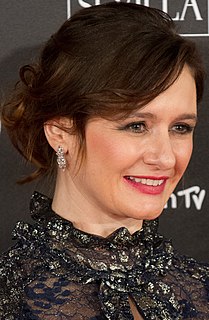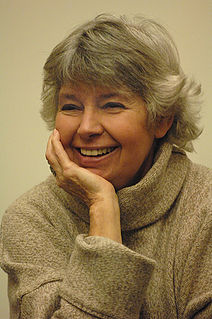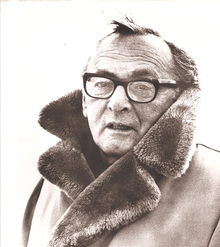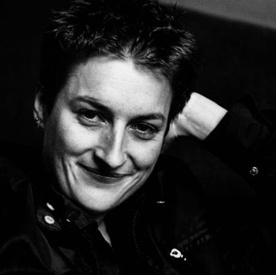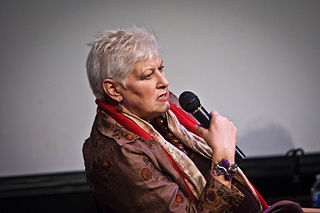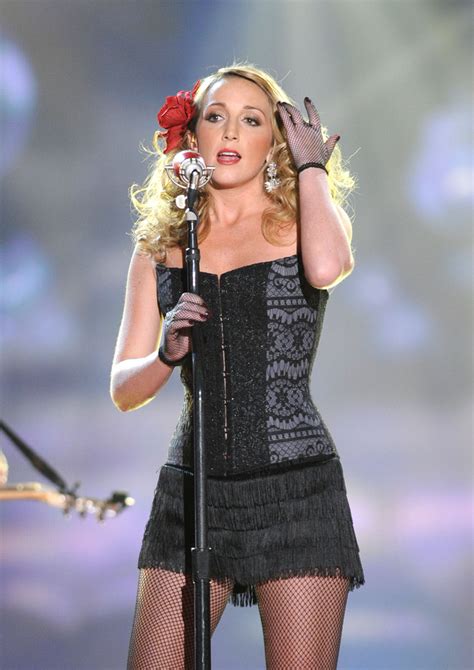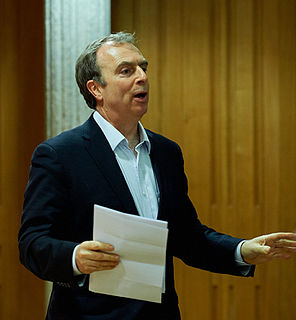A Quote by Emily Mortimer
It is brilliant going to the theatre and being forced to sit and listen and think about life. It can be almost a near-religious experience.
Related Quotes
Life beats down and crushes our souls and theatre reminds us that we have one. At least the type of theatre that I'm interested in; that is, theatre that moves an audience. You have the opportunity to literally impact the lives of people if they work on material that has integrity. But today, most actors simply want to be famous. Well, being an actor was never supposed to be about fame and money. Being an actor is a religious calling because you've been given the ability, the gift to inspire humanity. Think about that on the way to your soap opera audition.
Math . . . music .. . starry nights . . . These are secular ways of achieving transcendence, of feeling lifted into a grand perspective. It's a sense of being awed by existence that almost obliterates the self. Religious people think of it as an essentially religious experience but it's not. It's an essentially human experience.
I hate the idea of theatre just being an evening pastime. It should be emotionally and intellectually demanding. I love football. The level of analysis that you listen to on the terraces is astonishing. If people did that in the theatre... but they don't. They expect to sit back and not participate.
Probably my first memory of theatre, the first one I guess that had an impact on me was when I saw my very first panto with my Primary School. I think just going there and experience that for the first time, being so young, it's something that's actually stuck with me right up until now. And to think back and to sort of remember that magic and that first little hint of it was brilliant.
I have a theory about American men -- I think they think women are boys who don't know how to throw a ball very well. American women are forced into the role of being men without penises, of being men who haven't quite been able to make it. If women don't want to be pussycats, then they get forced into the role of being almost as good as men. Which is lousy.
I love jazz. So to me, there are two main types of jazz. There's dancing jazz, and then there's listening jazz. Listening jazz is like Thelonius Monk or John Coltrane, where it's a listening experience. So that's what I like; I like to make stuff that you listen to. It's not really meant to get you up; it's meant to get your mind focused. That's why you sit and listen to jazz. You dance to big band or whatever, but for the most part, you sit and listen to jazz. I think it comes from that aesthetic, trying to take that jazz listening experience and put it on hip-hop.
I think that there's something in the American psyche, it's almost this kind of right or privilege, this sense of entitlement, to resolve our conflicts with violence. There's an arrogance to that concept if you think about it. To actually have to sit down and talk, to listen, to compromise, that's hard work.
I was sitting at home and had a profound experience. I experienced, in all of my Being, that someday I was going to die, and it wouldn't be like it had been happening, almost dying but somehow staying alive, but I would just die! And two things would happen right before I died: I would regret my entire life; I would want to live it over again. This terrified me. The thought that I would live my entire life, look at it and realize I blew it forced me to do something with my life.
